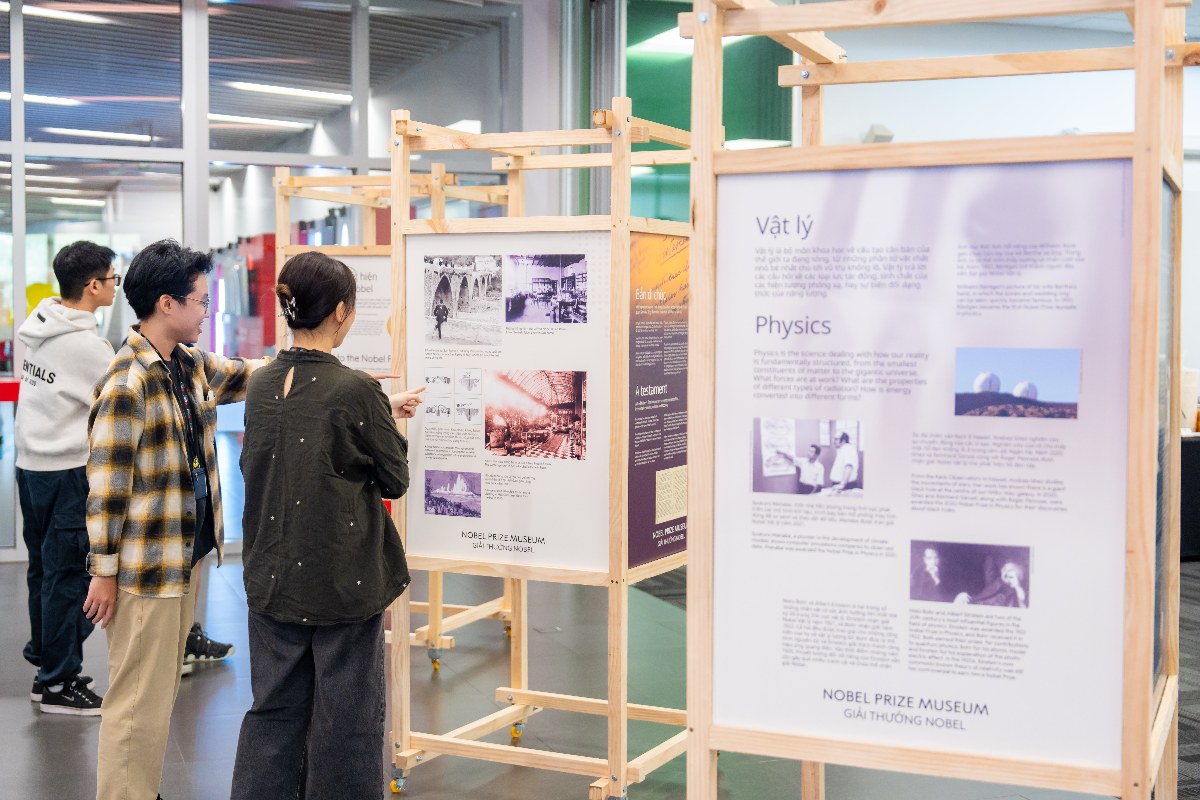Vietnam’s cities in 2050: Smart, sustainable and liveable
Over the next 25 years, the Asia-Pacific will reshape the global urban future. For Vietnam, urgent and strategic action is needed to stay ahead in the race toward smart, green, and inclusive cities.
Can Vietnam’s urban parks become travel magnets?
Despite its rapid urbanisation, rich biodiversity, and growing domestic travel market, Vietnam has not yet capitalised on the tourism potential of its urban parks, RMIT experts say.
RMIT Vietnam hosts Nobel Prize Exhibition and Dialogue 2025
From 8-19 September, the Embassy of Sweden and RMIT Vietnam host the Nobel Prize Exhibition and Dialogue 2025, bringing together delegates, academics and students.
Reimagining Ho Chi Minh City by 2050: A smart and inclusive megacity
As Vietnam eyes 2050, Ho Chi Minh City is leading the nation’s urban shift, aiming to become a smart, sustainable metropolis shaped by bold planning, deep reform, and human-centred innovation.






